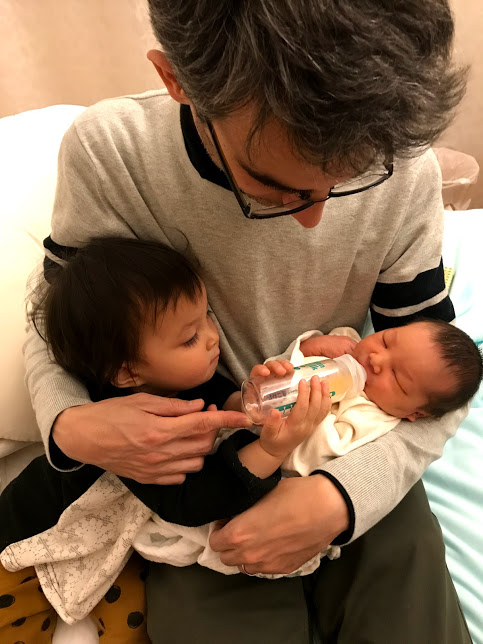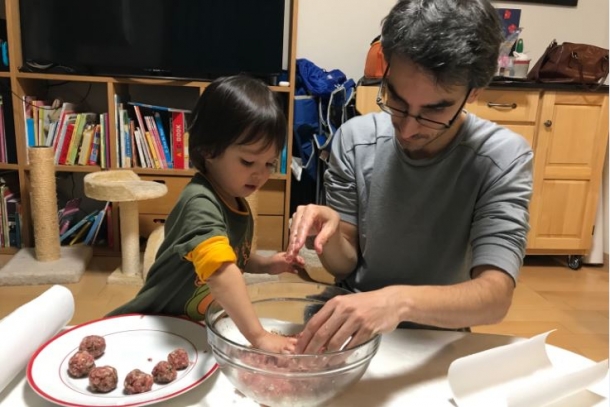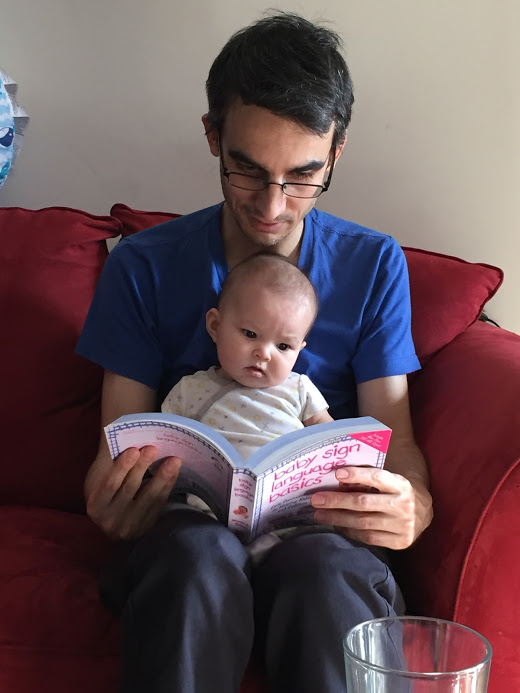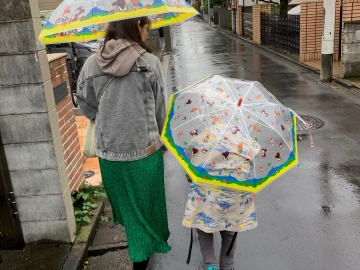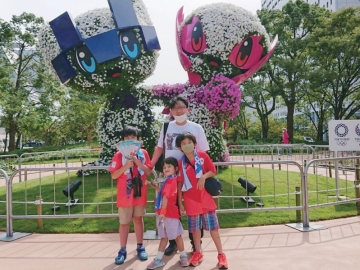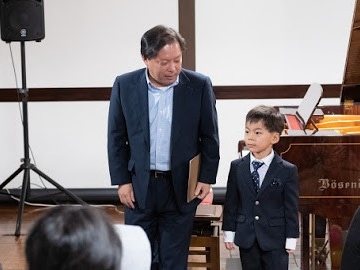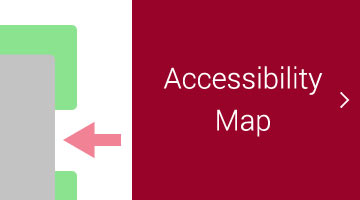Series: Tackling Work-Life Balance (21)
Pau PITARCH FERNANDEZ,
Associate Professor
Faculty of Letters, Arts, and Sciences
Waseda University
I don’t remember who said this, but a few years ago, I heard someone say the following about parenthood: “Before children are born, parents generally worry about money. They worry whether they have enough. But if you make some adjustments, you can make money at any time. The truth is, once you become a parent, the thing you don’t have enough of is time. Moreover, no matter how much time you dedicate to your children, you have a lingering feeling of guilt over whether you’re dedicating enough time as a parent.” Since becoming a parent, I feel this rings true.
I have two daughters, one born in 2016 and the other in 2019. When they were born, I took parental leave for the permitted duration. Even after I returned to work, I tried to allocate as much time as possible to my daughters. My wife works longer hours than I, so during the week I drop off our daughters at daycare and pick them up, and make dinner and put them to bed. These are things that, of course, parents should do, but it’s difficult to balance them with work. Thankfully, because the daycare watches over my daughters until 6 p.m., I’m able to conduct classes, attend meetings, and fulfill my work duties as usual. However, the only time I can dedicate to research or writing is after they go to bed. It has become extremely difficult to attend networking events such as academic conferences and lectures. The time of weekend I formerly spent musing over thoughts is now spent chasing after my energetic daughters at the park.
Of course, it’s a pleasure to spend time with my daughters, and being able to rediscover the world through their eyes is something only a parent can appreciate. However, as a parent and a faculty member, I can’t help but feel a sense a guilt over the notion that I’m outputting half-baked results. I believe that in order to alleviate this feeling and fulfill my responsibilities as a parent and faculty member, the only thing I can do is work to find “spare moments” and “create” time.
Each household is different, but I believe that both parents should take at least two to three months of parental leave when they have a child. The period after having a child is the most physicall and mentally challenging for parents. Many know about chronic sleep deprivation, so I won’t touch upon that here. But there are countless other challenges that aren’t as well known. Childbearing and parenting are perceived as “natural” experiences, and sometimes something being “natural” is equated with it being “easy.” But if you experience this for yourself, you’ll quickly realize that “natural” is not necessarily “easy.”
For example, childbirth places an unbelievable burden on mothers’ bodies. Difficult childbirths place an even greater burden, but even in the case of a smooth childbirth, it can take several weeks before a mother’s body returns to “normal.” During the recovery period, mothers need as much support as possible, and husbands and fathers should be at their side. If you think newborns instinctively know how to suck, you’ll find that breastfeeding is actually difficult and can lead to mentally straining experiences.
In order to overcome the unpredictable burdens and difficulties that come with childbirth and parenting, it’s important that both parents take parental leave. It is most suitable that, during this period when they have many difficulties and discoveries, parents can support each other as a family, and as a couple, and take on challenges together.
■
■ Field of Research: Modern Japanese Literature
■ Family: Four-person family with two daughters

